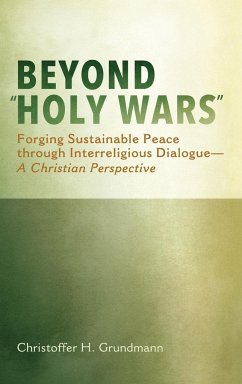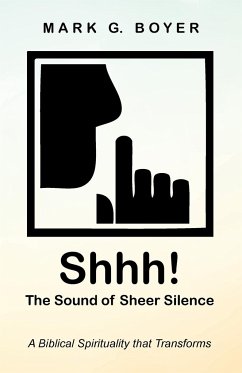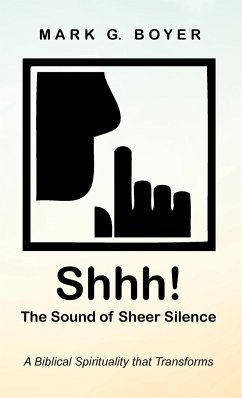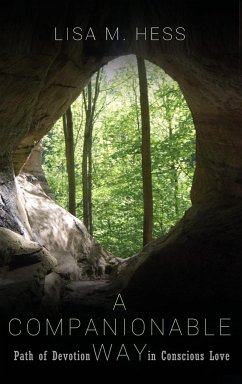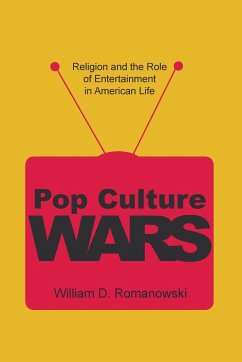The 9/11 al-Qaeda attacks on the U.S. in 2001 shocked the world, not only because of their viciousness but also because of the disillusionment that ""holy wars"" are a phenomenon of the past. ""Holy wars,"" rather, are a reality in today's world too, threatening global peace like never before. In this volume Christoffer Grundmann pleads for the cultivation of religious literacy and interreglious dialogue. First, he attempts to regain an adequate understanding of religion by showing the incompatibility of abstract concepts of religion with religions actually lived. So Grundmann suggests perceiving religion as the lived relationship toward an Ultimate. Given that interreligious dialogue is communication about diverse ways of relating to the Ultimate, the religiously embedded, primarily Jewish philosophy of encounter and dialogical thinking--with its personalistic nature--comes into focus here as uniquely suited for such communication. Even though interreligious encounter implies risk, Christians cannot but engage in it fearlessly, says Grundmann, because they trust that the risen Christ will reveal himself anew as the one he really is, wherever and whenever Christians take part in dialogue with people of other faiths. ""In our globalized world, religious plurality is a fact of life. However, conflicting models of society reflect different core values, and when religions are being hijacked to serve political or consumer interest, new forms of holy wars surface. Professor Grundmann's insightful book provides us with a thought-provoking roadmap to navigate through this complex landscape, by developing and cultivating genuine mutual understanding across cultural and religious boundaries and learning to embrace others in their otherness."" --Nelly van Doorn-Harder, Wake Forest University ""Grundmann makes a convincing case that the only way to overcome interreligious violence is through interreligious dialogue. He then goes on to argue that real dialogue can happen only by allowing all religions to continue to make their absolute claims. . . . Religious peace-makers will want to learn from and grapple with this book."" --Paul Knitter, Union Theological Seminary Christoffer H. Grundmann is Professor of Theology and John R. Eckrich University Chair Professor in Religion and the Healing Arts at Valparaiso University in Valparaiso, Indiana. His study of the history of medical missions, Sent to Heal! (2005), was listed as one of the ""fifteen outstanding books of 2005 for mission studies"" by the International Bulletin of Missionary Research.
Hinweis: Dieser Artikel kann nur an eine deutsche Lieferadresse ausgeliefert werden.
Hinweis: Dieser Artikel kann nur an eine deutsche Lieferadresse ausgeliefert werden.

